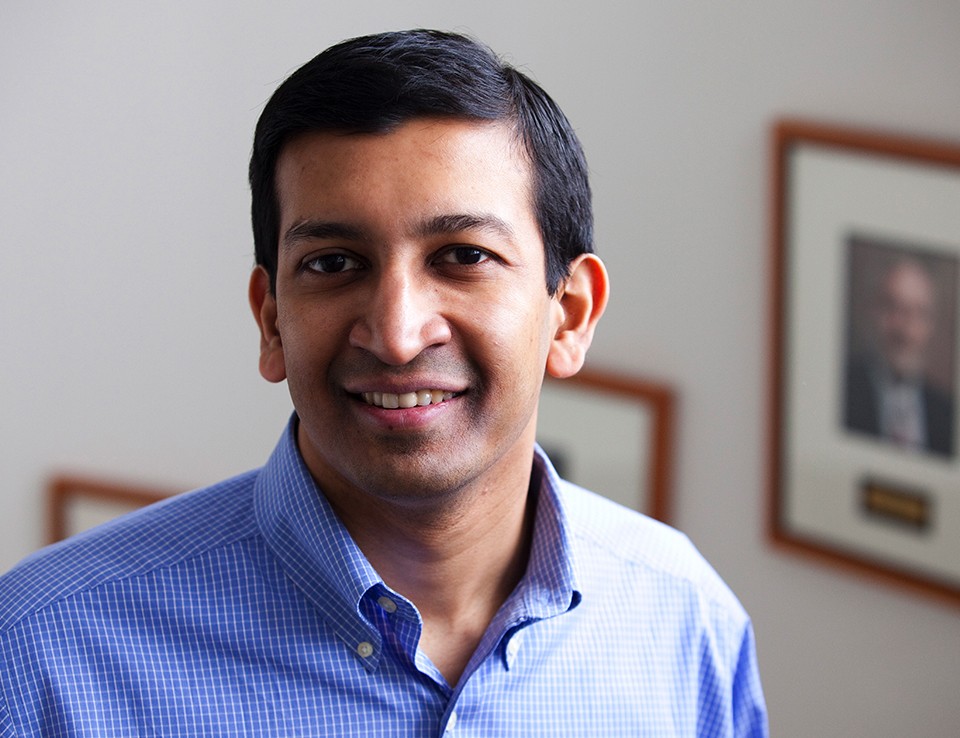Where Opportunity Happens: How Neighborhoods Affect Social Mobility

Raj Chetty is the William A. Ackman Professor of Economics at Harvard University. Using extensive administrative databases drawn from tax and social security records in the United States, Chetty’s research combines empirical evidence and economic theory to help design more effective government policies. His work on topics ranging from tax policy and unemployment insurance to education and affordable housing has been widely cited in academia, media outlets, and Congressional testimony.
In 2012, Chetty received a MacArthur Foundation Genius Grant for his rigorous theoretical and empirical studies in public economics illuminating the then-emerging field of behavioral public finance. His initial work focused on resolving inconsistencies in earlier theories of specific questions in public finance, such as how dividend tax cuts affect corporate behavior and how unemployment insurance affects job-seeking behavior. He has also designed empirical tests to gauge the impact of sales taxes on consumer demand in retail settings. Chetty has also explored a range of other questions, such as the effect of tax policy on how much people work, the extent to which tax deductions for retirement savings stimulate individual savings, and key aspects of early childhood education. By asking simple, penetrating questions, analyzing extensive data sets, and developing rigorous empirical tests, Chetty’s findings in applied economics illuminate key policy issues of our time.
Chetty received his Ph.D. from Harvard University in 2003 and is one of the youngest tenured professors in Harvard’s history. Before joining the faculty at Harvard, he was a professor at U.C. Berkeley and Stanford University. Chetty has received numerous awards for his research, including the MacArthur Foundation Genius Grant and the John Bates Clark Medal, given to the economist under 40 whose work is judged to have made the most significant contribution to the field.
